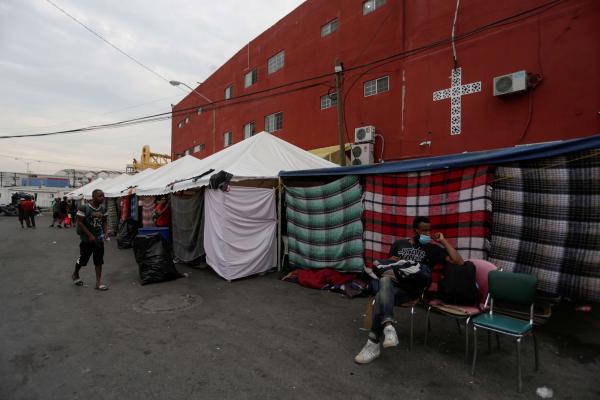Sep 30, 2021
In the United States, white supremacy has made it impossible to see immigrants — but especially Haitian immigrants — as siblings who God commands us to love as though they were our neighbors. The U.S. has long resisted seeing Haitians not only as neighbors but as humans.
Read the Full Article

Already a subscriber? Login
